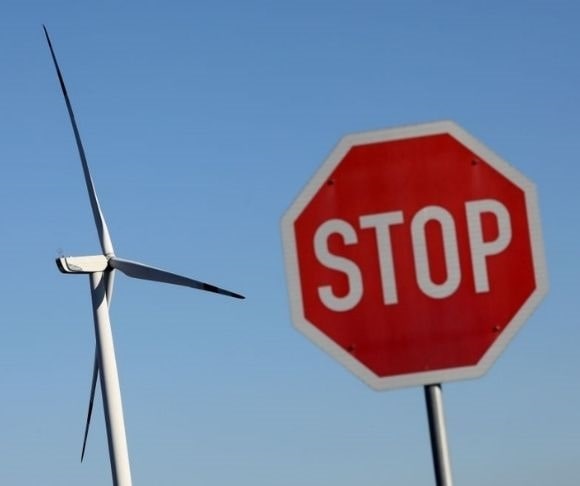After Russian President Vladimir Putin ordered his troops to invade Ukraine, Germany’s Chancellor Olaf Scholz announced a U-turn in energy policy back to coal, nuclear power, and liquified natural gas (L.N.G.). Even the Green Party concurred.
Green Superpower
After World War II, Germany struggled to reinvent itself as a productive participant in the global community. During the 1980s and onward, the nation found a cause in environmentalism. The German Green Party emerged as the model for similar parties all over Europe and became the industrial world’s first environmental party holding political power in 1998. In 2021, they returned to power with the Social Democrats with a record 14.8% of the votes.
 In practice, all parties left and right, have adopted the green vision. Germany’s stated goal is to reduce carbon emissions by 65% compared to 1990 levels by 2030, and 43% of its electricity now comes from solar and wind. For Germans, being the greenest has become a matter of national pride, and environmentalism can even be thought of as the state religion.
In practice, all parties left and right, have adopted the green vision. Germany’s stated goal is to reduce carbon emissions by 65% compared to 1990 levels by 2030, and 43% of its electricity now comes from solar and wind. For Germans, being the greenest has become a matter of national pride, and environmentalism can even be thought of as the state religion.
This zeal is reflected in the push to abandon nuclear power, the cleanest and safest energy source humans have ever known. Thanks to the stark opposition by then-Chancellor Angela Merkel, who was educated as a physicist, Germany temporarily scrapped its plans to shut down nuclear plants. However, after the Fukushima disaster in Japan, Merkel lost the battle to save nuclear power in Germany.
Paradox
The paradox of this strategy is that the country grew ever more reliant on natural gas from Russia and coal power plants when the wind was not blowing, the sun was not shining, or during cold spells. One of Merkel’s last actions as chancellor was to ask President Joe Biden to lift the heavy sanctions his predecessor had put on Russia. Germany wanted the Nord Stream 2 pipeline to be completed to buy gas without having to rely on troublesome Ukraine, and Biden complied.
Backfire

(Photo by Bernd Wüstneck/picture alliance via Getty Images)
The new chancellor, Olaf Scholtz, recently announced that “the events of the past few days have shown us that responsible, forward-looking energy policy is decisive not only for our economy and the environment. It is also decisive for our security.” He added that “we must change course to overcome our dependence on imports from individual energy suppliers.” Given Germany’s history, the significance of this statement cannot be overstated. It is nothing short of a geopolitical earthquake, marking a sharp departure from lofty peacetime goals to a reality-oriented focus on security and stability.
Germany halted the $11 billion Nord Stream 2 pipeline project and revived plans to build L.N.G. terminals to increase its import from other sources, including the United States. However, to reduce its reliance on Russian gas, it must also scrap its plans to decommission nuclear power and even extend the lifetime of coal power.
A New World Order
Putin unwittingly created a new world order based on cold war logic rather than global warming when Russia invaded Ukraine. The consequences of this new world will likely take shape over the next decade. Surprisingly, the Paris Climate Agreement may have ended in Kyiv.
~ Read more from Caroline Adana.




